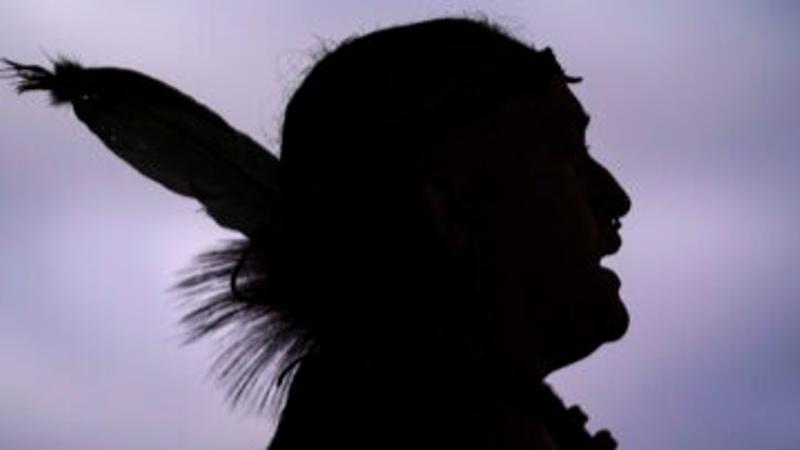Published 19:09 IST, November 28th 2024
Explained: The Dark History Behind America's Thanksgiving Holiday
This Thanksgiving, while millions in America will gather to share meals and give thanks, others will observe the National Day of Mourning.

Advertisement
Thanksgiving, celebrated annually in the United States on the fourth Thursday of November, is a time for family, gratitude, and feasting. But beneath the warm traditions lies a complex and often overlooked history tied to myths, exclusion, and the realities of America’s colonial past.
The Thanksgiving Myth
For decades, the Thanksgiving story taught in schools has painted a harmonious picture of unity between the Pilgrims (White Americans) and the Wampanoag people (Native Americans). The narrative goes something like this: after arriving at Plymouth Rock in 1620, the Pilgrims, fleeing religious persecution from England, struggled to survive the harsh New England climate. Friendly Wampanoag members taught them how to hunt, fish, and farm, leading to a bountiful harvest.
To celebrate, the Pilgrims invited Chief Massasoit and his people to a feast where they prayed together, ate turkey, and forged bonds of friendship.
While a day of thanks likely took place in 1621, historians now agree that the actual event was far different from the idyllic scene passed down to children. The feast reportedly lasted three days but the Wampanoag attended not out of invitation but concern after hearing gunfire in the area.
By 1675, relations between the colonists and the Wampanoag had deteriorated significantly. Colonial expansion led to conflict, culminating in King Philip’s War.
Metacomet, Chief Massasoit’s son—known to the English as King Philip—was killed, and his head was mounted on a pike in Plymouth as a warning to other tribes. The Wampanoag people were nearly wiped out, a grim chapter often excluded from the traditional Thanksgiving narrative.
How Exactly Did Thanksgiving Became a National Holiday
The idea of Thanksgiving as a national celebration didn’t emerge until much later. In 1777, during the Revolutionary War, the 13 colonies proclaimed November 1 as a day of thanks to mark their victory over the British at Saratoga. After independence, Thanksgiving remained a sporadic observance, varying by state and date.
It wasn’t until the mid-19th century that Sarah Josepha Hale, editor of Godey’s Lady’s Book, campaigned for a unifying Thanksgiving holiday. Writing to President Abraham Lincoln during the Civil War, Hale argued for a national day of gratitude to help heal a divided nation. Five days after receiving her letter, Lincoln declared Thanksgiving a federal holiday in 1863.
Though Hale was an abolitionist, her vision of unity did not include full equality for Black Americans. She supported efforts to relocate free African Americans to Africa, a position that reflected the era’s deeply ingrained racial prejudices. In her view, African American couldn't possibly live with White Americans, as equals.
Until Some Decades Ago, Many Americans Couldn't Even Celebrate Thanksgiving As Equal Citizens
Despite its message of unity, Thanksgiving long excluded marginalized groups. Football, a modern Thanksgiving tradition, was largely inaccessible to Black players until the 1950s due to segregation. Similarly, Thanksgiving gatherings at restaurants and public venues often barred African Americans, Latinos, Asian Americans, and, wait for it, Native Americans from participating!
In 1970, Indigenous tribes began holding protests and mourning events on Thanksgiving to draw attention to the true history. The National Day of Mourning, held annually on the fourth Thursday in November, continues to highlight the pain and loss experienced by Native Americans during and after the colonial era.
Reclaiming Thanksgiving’s Meaning
Today, Thanksgiving remains a beloved tradition for many families, but debates about its origins and implications persist.
As the U.S. grows more diverse, a new generation of historians emphasizes the need to revisit Thanksgiving’s history. Understanding its complexities can help Americans better understand their own identities and the nation’s past.
This Thanksgiving, while millions in America will gather to share meals and give thanks, others will observe the National Day of Mourning.
19:09 IST, November 28th 2024




